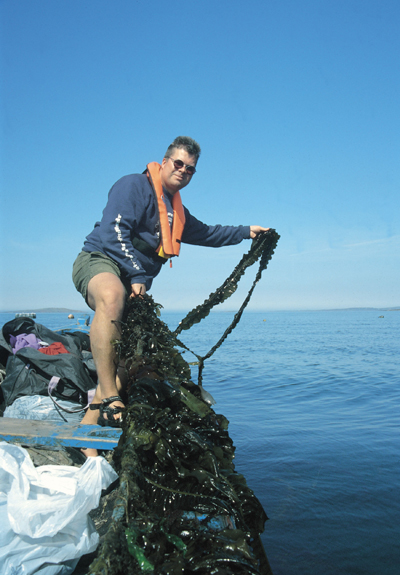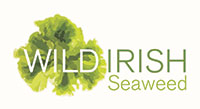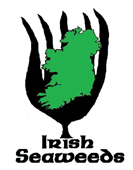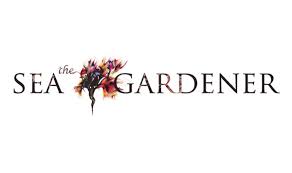Seaweed aquaculture in Ireland
 It is likely that seaweed aquaculture will become widespread in Europe over the next two to three decades. However, it is unlikely that the indigenous and valuabe alginates industry in Europe will be fuelled by aquaculture-grown kelp as there are large, relatively untapped resources of wracks and kelps still available both in Europe and elsewhere, notably South Africa, Chile, Argentina and the subantarctic islands. It is also very unlikely that the aquaculture of carrageenan-producing seaweeds will succeed either as it would be very difficult for European producers to compete economically with producers in south-east Asia (particularly in the Philippines and Indonesia) and in eastern Africa (Tanzania and Zanzibar), although political instability in some of these places may change the picture. European producers will have great difficulty in penetrating the fastidious and regulation-intensive Japanese market as very high standards are expected and achieved, particularly for food products.
It is likely that seaweed aquaculture will become widespread in Europe over the next two to three decades. However, it is unlikely that the indigenous and valuabe alginates industry in Europe will be fuelled by aquaculture-grown kelp as there are large, relatively untapped resources of wracks and kelps still available both in Europe and elsewhere, notably South Africa, Chile, Argentina and the subantarctic islands. It is also very unlikely that the aquaculture of carrageenan-producing seaweeds will succeed either as it would be very difficult for European producers to compete economically with producers in south-east Asia (particularly in the Philippines and Indonesia) and in eastern Africa (Tanzania and Zanzibar), although political instability in some of these places may change the picture. European producers will have great difficulty in penetrating the fastidious and regulation-intensive Japanese market as very high standards are expected and achieved, particularly for food products.
In Japan, vast amounts of food seaweeds are produced by mariculture but this is driven by very strong market demand, particularly for nori and various kelps such as wakame and kombu. Japanese demand has so outstripped supply for nori that South Korea has developed a very large and efficient mariculture industry to supply Japan and much of south-east Asia. China has a vast kelp-producing aquaculture industry, although Chinese demand for kelp - particularly to produce alginates - is said to have outstripped the capacity of their aquaculture to supply it, and China is said to be seeking to buy large amounts of kelps on the world market. However, it would not be possible to supply this demand from Ireland where labour costs in both collection and mariculture are relatively high.
The drive for seaweed aquaculture in Europe will be fuelled by two factors: convenience (in the sense of a reliable supply) and standardisation (in the sense of a product of predictable quality both of appearance and content). Seaweed aquaculture is a clean operation. No waste products are produced to contaminate the local environment. However, a crucial aspect of the development of seaweed and other aquaculture operations will be the implementation of an integrated coastal plan in which national government (and its agencies), local authorities - particularly the various Gaeltacht bodies and the County Councils - and the tourist industry would have to agree. Seaweed aquaculture would be an ideal additional maricultural industry for the maintenance of local communities and for sustained rural development, particularly in conjunction with other maritime activities. It may also be very suitable for certain parts of the coastline that are unsuitable for other activities.





